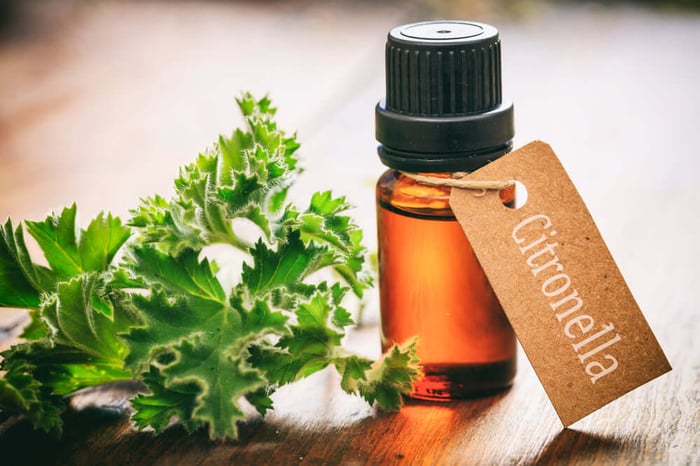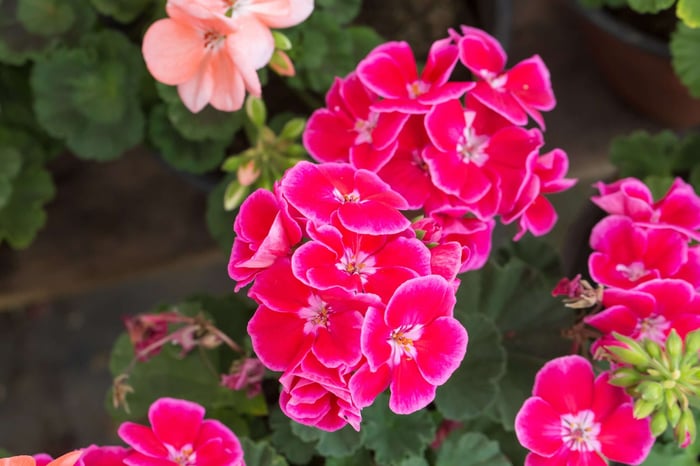
Cypress essential oil has a fresh, crisp, slightly woody aroma that combines well with other woody essential oils, as well as citrus and herbaceous oils.
Cypress essential oil is both antibacterial and antimicrobial, making it an excellent option for a natural cleaning solution, and its aroma makes it a popular scent. Learn about its benefits and our favorite uses for cypress essential oil here.
Botany
Cypress oil is made from the twigs, stems, and leaves of the cypress tree, with most cypress essential oil being made from Cupressus sempervirens, also known as Mediterranean cypress. The majority of studies and anecdotal usage focus on essential oil made from this particular tree.
These trees are very long-lived--some have been recorded as up to 1000 years old!
History + Traditional Medicine
Cypress has had a long history at the center of human civilization. Both the ancient Egyptians and the ancient Greeks used the cypress tree prominently in their burial rituals, but they also recognized the tree’s healing properties for the living, too. In fact, Hippocrates (the father of Western medicine) was documented to enjoy cypress in his aromatic, healing baths!
Today, cypress is often used as a base scent in men’s skincare products or colognes.

Benefits
There are many benefits of cypress essential oil, both for personal use and home use. Some of these include:
- Antimicrobial and antibacterial benefits as both a cleaning agent for surfaces as well as for skincare and personal use such as in a natural deodorant.
- Providing a calming, grounding scent for your aromatherapeutic blend.
- Natural deodorizing benefits from rejuvenating musty used furniture to stinky shoes.
- Helps even skin tone and texture.
- Smells wonderful as a scented oil for use as a perfume or cologne with a carrier oil like coconut oil or argan oil.
How to Use
There are many ways to reap the benefits of cypress oil.
- Add 5 drops of cypress essential oil to a warm-water bath to relax in the soothing vapors. You can also dilute cypress with a carrier oil and apply the mixture to the chest to work as a vapor rub. If you don’t have a bathtub and still want to steam, add 3–5 drops of cypress oil to boiling water, place a towel over your head and breathe in the steam for 5–10 minutes.
- To deodorize the home, add 5–10 drops of cypress oil to cleaning soap or add the oil to water and spray the mixture on curtains, sheets and couches; 1–2 drops of cypress oil can also be added to shoes, hats and jackets to prevent bacterial growth and body odor.
- For hair and skin care, add 1–3 drops of cypress oil to your shampoo, conditioner or facial cleanser.
- Use in a diffuser to spread the scent throughout your space.
Warnings
Always be careful and note that cypress essential oil should absolutely not be ingested. To prevent this, keep it far out of reach of pets and children and call a poison hotline immediately if consumption occurs.
Oils like cypress can also potentially cause an allergic reaction for some people, so if using topically make sure to do a patch test first and be on the lookout for rashes, swelling, itching, hives, redness, or painful swelling.

Relaxing Cypress Essential Oil Bath
My favorite way to use essential oils like cypress is to add it into a bath, often mixed with some other oils based on what I find feels nice or works with my skin. This is the mixture I usually use in my bath:
- 5 drops cypress essential oil
- 3 drops tea tree essential oil
- 1 cup colloidal oats
- 1 hanging bunch of dried eucalyptus
Draw your bath, and add the oats and oils as the water fills. Hang the eucalyptus bunch under the water flow to release a soothing scent while you wait. Once the water is at your desired temperature, get in, relax, and enjoy the softening oats and soothing essential oils.
How do you like to use cypress essential oil? Let us know in the comments below!



